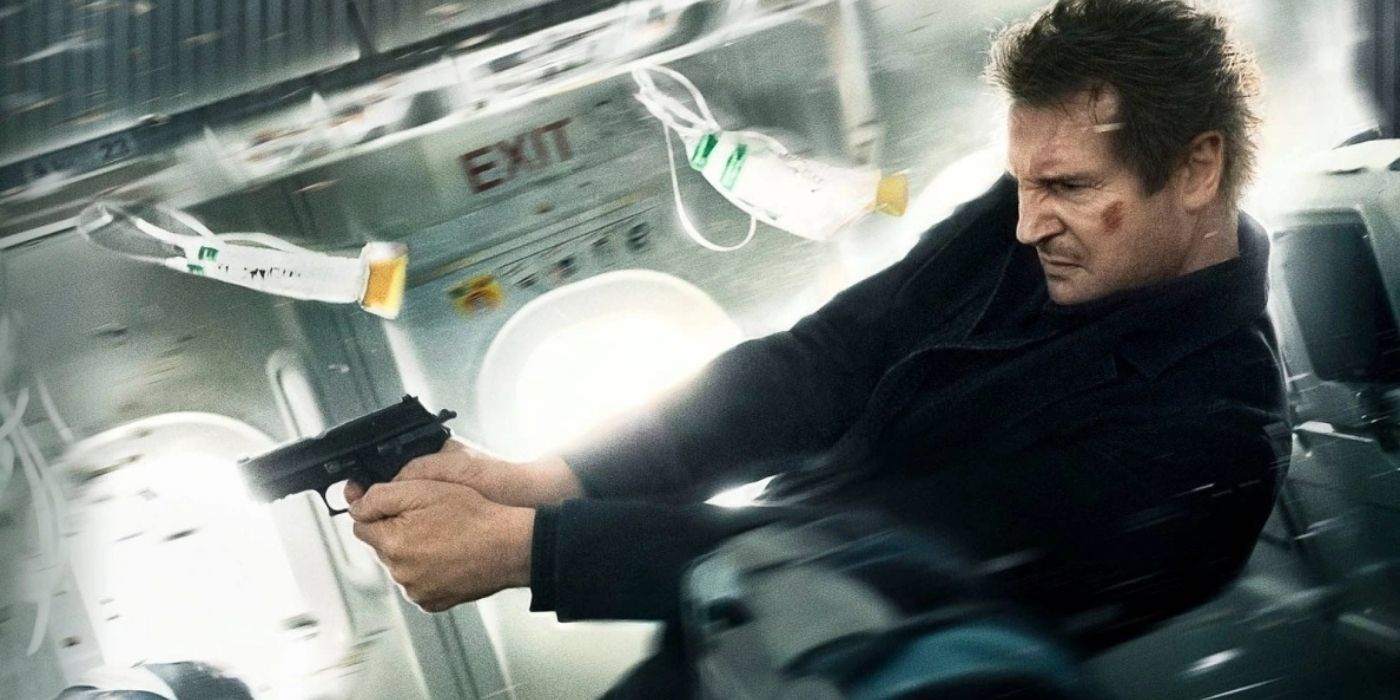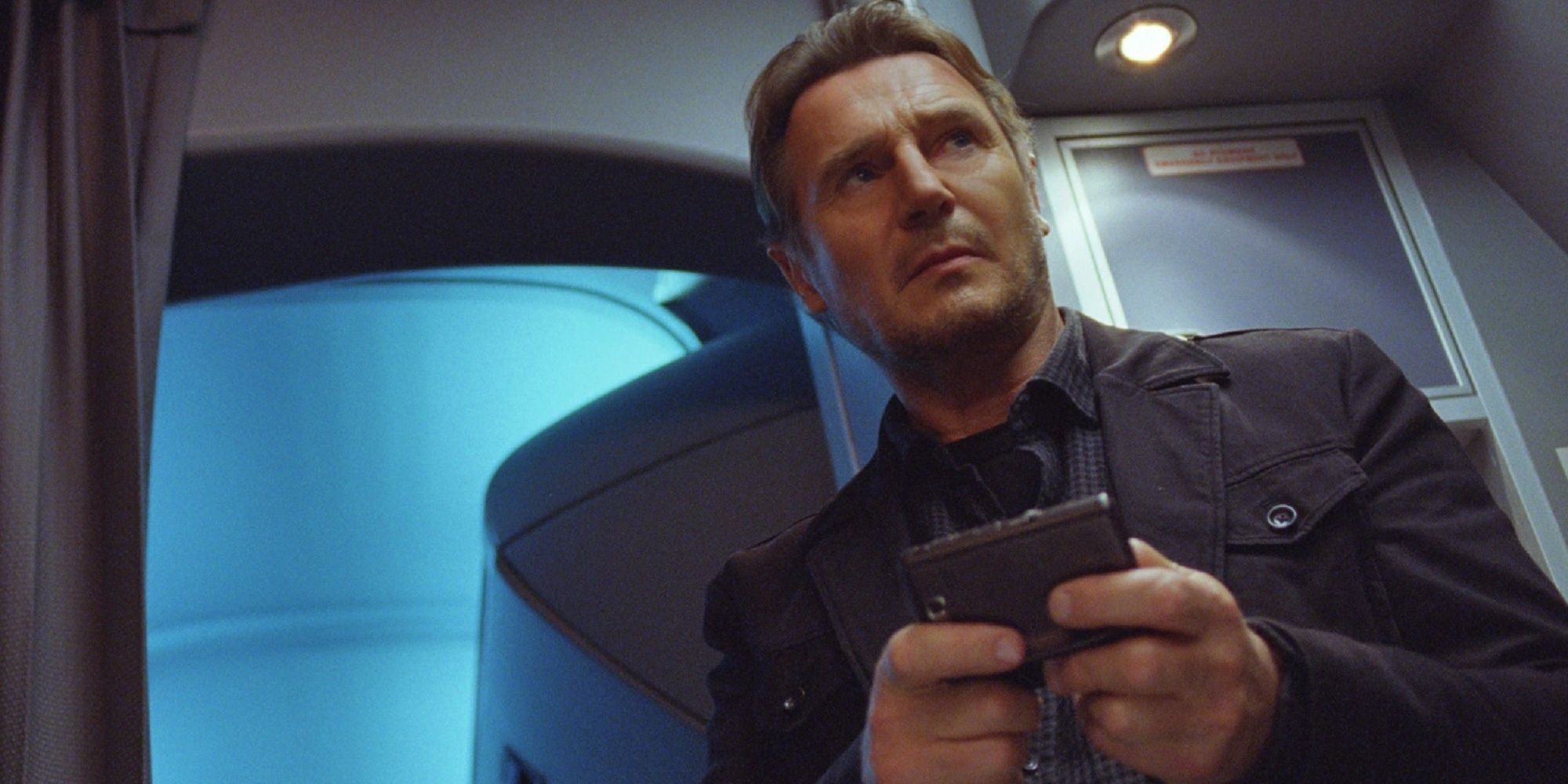On Friday, 29 December 2023, the State of South Africa asked the International Court of Justice to issue an urgent order declaring that Israel is in violation of its obligations in the 1948 Convention on the Prevention and Punishment of the Crime of Genocide. The Court, based on legal jurisdiction, responded to this request, setting two hearings. To this end: the first session; On 11 January 2024, South Africa will present its oral argument from 10 am to 12 noon. While Israel will present its oral argument on Friday, January 12, 2024, from ten in the morning until 12 noon. It is noteworthy that South Africa and Israel are parties to the 1948 Genocide Convention.
For its part, Israel decided to appear before the International Court of Justice to respond to South Africa’s lawsuit to sue it. Israeli media reported on the authority of Israeli security and legal bodies, including the Public Prosecution, that there was a fear that the International Court of Justice would attribute genocide crimes to Israel in Gaza.
South Africa’s lawsuit includes a request for the international court to urgently issue legally binding interim orders for Israel to “immediately suspend its military operations in and against Gaza.” The court is expected to issue such rulings, and in return, Israel may ignore them.
As part of the defense process carried out by the occupying state in the face of South Africa’s request, the Israeli Foreign Ministry organized a large-scale campaign by requesting its ambassadors in concerned countries to distort the image of South Africa by claiming that it supports a terrorist organization calling for the destruction of the State of Israel, which is a process that dilutes this effort.
South Africa experienced the longest experience of an apartheid regime, which lasted for 46 years, beginning in 1948 and ending in 1994, after a long and arduous campaign of resistance by the civil rights movement. In this sense, she fully understands what it means for the Palestinian people in Gaza to live under an apartheid regime
The campaign also focuses on the political, not legal, request from the International Court of Justice to take action against Iran or Hamas. In order for there to be a balance in its work, it also attempts to empty South Africa’s request of its legal content.
The South African request to the International Court of Justice is based on two matters: that Israel is not working to prevent statements calling for genocide, and that it is actually committing acts that constitute genocide. This is done through an integrated file consisting of 84 pages, each page of which was prepared with great care.
The central questions in this context are: Why is South Africa waging the legal battle alone against Israel? Is there any possibility of holding Israel accountable for its crimes? What is the position of the United States? Why has no other country joined it, including Arab and Islamic countries?
We answer these questions through the following points:
- It is important to note that South Africa is a country far from Israel’s borders, and it is a Western industrial country, albeit in Africa. It is not of direct interest, as would be the case if Jordan, Egypt, Syria, or the Palestinian Authority did so, for example. These data are very important in confirming the credibility of the South African state.
- South Africa experienced the longest experience of an apartheid regime, which lasted for 46 years, beginning in 1948 and ending in 1994, after a long and arduous campaign of resistance by the civil rights movement. In this sense, it fully understands what it means for the Palestinian people in Gaza to live under an apartheid regime, an illegal siege, and ongoing war crimes. It stands in moral solidarity with the struggle of the Palestinian people for self-determination.
- The crimes of the occupation in Gaza are described and comprehensive: (war crimes, crimes against humanity, crimes of genocide), and the statements issued by Israeli officials – which preceded and accompanied the war on Gaza – are very clear, and created the conditions for the commission of these crimes, and they constitute the element of intent. to commit the crime of genocide. When South Africa prepared the file, it prepared it in order to achieve a real achievement in prosecuting and holding the occupation leaders accountable as a direct goal, and to place the international community in its responsibilities as an indirect goal. (The number of countries party to this agreement is 153 countries.)
- The reason for resorting to the Court of Justice is the refusal, or failure, of the Prosecutor of the International Criminal Court, Mr. Karim Khan, to convict Israel and issue arrest warrants against Israeli leaders, as he did with Russian President Vladimir Putin during a record period of time.
- The integrity and seriousness of the judges at the International Court of Justice are attested, and they work in a completely professional manner, even if there is an American judge among them. This court had previously condemned – through an advisory opinion – Israel in the case of the apartheid wall in 2004, and said: The separation wall Racism is for defending the occupation and not for self-defense (despite all the attempts at confusion and shouting made by Israel at the time).
- The International Court of Justice will ask Israel to stop the war on Gaza with the start of the trial sessions, and if Israel refuses, it will refer the matter to the UN Security Council. Then, will the United States use its veto power? It will be very embarrassing and will create unprecedented confusion for it, so how can it reject a request from a major body of the United Nations? (The International Court of Justice arose from the womb of the United Nations Charter itself), and will it do as it thwarted the United Nations General Assembly’s resolution in this regard?
- The proceedings will certainly be arduous and take time, as is to be expected in international trials. The ruling that will be issued by the International Court of Justice will also put great pressure on the International Criminal Court. To speed up investigation procedures and issue arrest warrants against Israeli leaders.
Why did no country join South Africa, including Arab and Islamic countries?
The State of South Africa is waging the legal battle against Israel alone, but it is waging it with self-confidence and based on compelling evidence that genocide crimes were committed against the Palestinians in the Gaza Strip. No Arab or Islamic country has joined South Africa, even among those countries that are parties to the Convention against Genocide.
But civil society and international, regional, and national human rights organizations (Palestinian in particular) all stand strongly by the State of South Africa, and provide it with all the required documents and data.
It is clear that American pressure has paid off in preventing any country from supporting South Africa, at least so far. But the hope placed on the efforts of South Africa, then the integrity and seriousness of the judges of the International Court of Justice, and what will come out of them will encourage some countries to join this battle.






